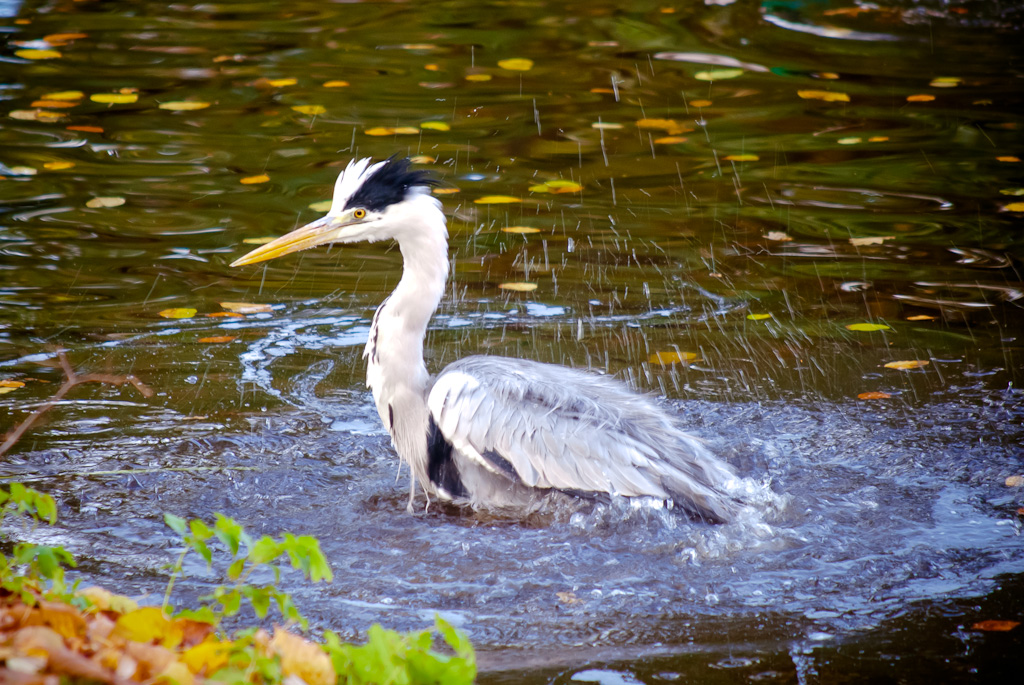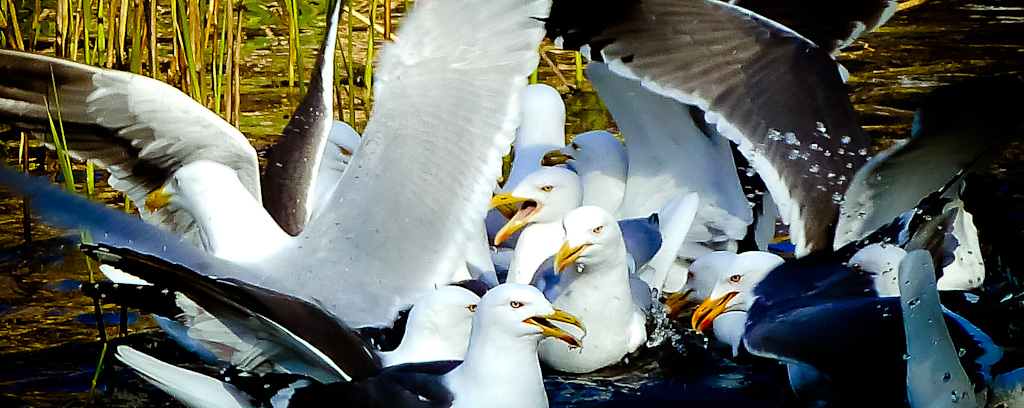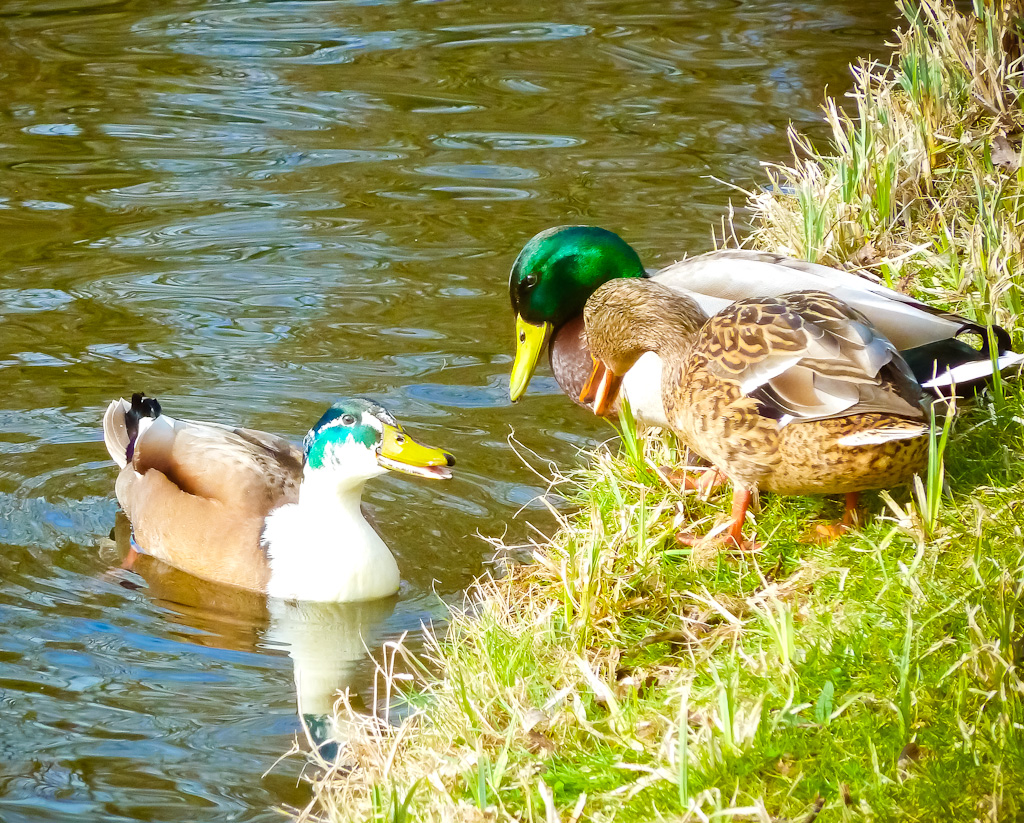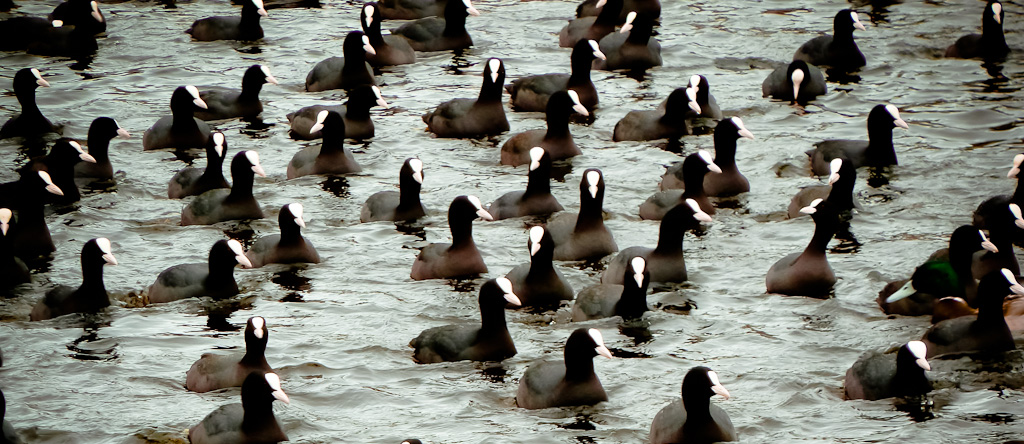I am five years old. In the morning early before school we wake up in the dark, walk a short distance over the bridge to the cafe where our Volkswagen Beetle is stalled. My father, my two brothers, and me. My mother stays at home. We drive to the swimming pool on the Haarlemmerstraat in town. It’s quite odd that it used to be a church, and that the children’s pool (‘kikkerbadje’) is exactly where the altar once was.
Now I am in it. I have to learn to swim, and so my father puts me in a safety belt that is attached to the ceiling. There I lie flat in the water. What am I supposed to do? I nearly drown or so it feels. I am the only one in the small pool. Then I step out of the water, and watch the large pool where all the others are having fun. They can swim, of course. They play tag, dive from the high platform, and have fun. I feel cold and shiver whilst looking at them.
It’s not a big surprise then that I did not learn to swim, and actually became more afraid of water. I remember going to the sea often, a cycle of ten kilometers, and feeling frightened by the grey water and the high waves. I hardly ever went in deeper than my knees.
On holidays I had to try with my mother, who had never learned to swim. We managed to do a few strokes in the undeep part of the lake. Once my father urged my mother to swim to the other side of a small Italian lake. Both shores were shallow, but it was deep in the middle. My mum obliged and began to swim. In the middle, however, she stopped to feel the bottom, and when she couldn’t stand, she sank. My father jumped in and pulled her out of the water. Later she said: ‘I felt peaceful. My only thought was that you and the children had to go home alone.’
Finally, in the last year of primary school, when I was twelve years old, I suddenly had a break through. A kind swim instructor came to my rescue. He put a long hook under my belly and guided me through the water. I learned to swim very quickly. What a relief!
In highschool lessons continued and to my surprise I was asked if I would like to join the local swim team, called the ‘Golfbrekers’ (wave breakers) because I was such an elegant swimmer. I joined the team and my training programme began. Soon I took part in swimming contests as well as water polo matches. I found the long distance contests exhilarating, even though the water was usually very cold. It was fun to be part of it, but I also remember the tedious and endless exercises. My heart belonged to ballet and I loved giving performances. When I left the team at 16, I swore never to swim tracks again. I only wanted to swim for fun.




